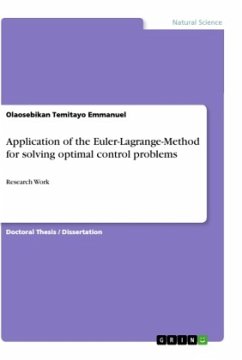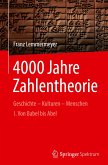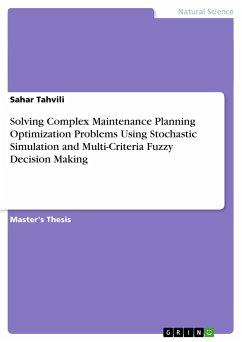Doctoral Thesis / Dissertation from the year 2019 in the subject Mathematics - Applied Mathematics, grade: 96.50, , course: Mathematics, language: English, abstract: In this research, Euler-Lagrange Method approach, for solving optimal control problems of both one dimensional and generalized form was considered. In years past, calculus of variation, has been used to solve functional optimization problems. However, with some special features in Calculus of Variation technique, making it unique in solving functional unconstrained optimization problems, these features will be advantageous to solving optimal control problems if it can be amended and modified in one way or the other. This call for the Euler-Lagrange Method which is a modification of the Calculus of Variation Method for solving optimal control problems. It is desired that, with the construction of the new algorithm, it will circumvent the difficulties undergone in constructing control operators which are embedded in Conjugate Gradient Method (CGM) for solving optimal control problems. Its application on some test problems have shown improvement in the results compared with existing results of solving this class of problems.The objective function values for problems 3, 4, 6, 7, 8, 9 and 10 which are: 1.359141, -5.000, 0.36950416, 0.51699120, 0.27576806, 1.5934159×[10]^(-2) and -3.880763×[10]^(-2) appreciate to the existing results 1.359141, -5.000, 0.4146562, 0.613969, 0.2739811, 1.5935×[10]^(-3) and -3.9992×[10]^(-2) respectively while the objective function values for problems 1, 2 and 5 do not fully appreciate to the existing results with slight differences. These results is an indication that the method has some advantages over some existing computational techniques built to take care of the said problems.
Hinweis: Dieser Artikel kann nur an eine deutsche Lieferadresse ausgeliefert werden.
Hinweis: Dieser Artikel kann nur an eine deutsche Lieferadresse ausgeliefert werden.








